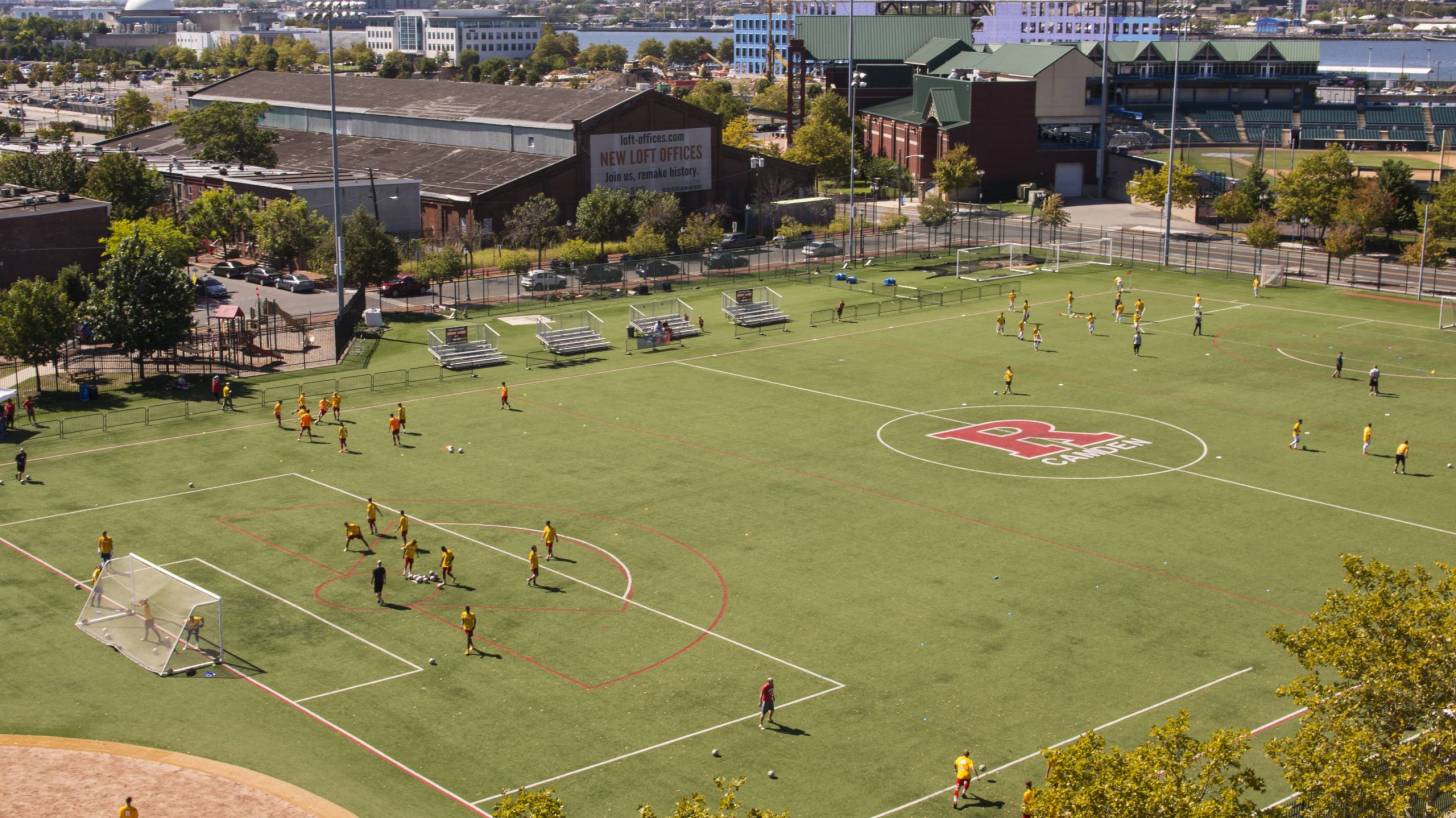Can Colleges Require Experimental COVID-19 Vaccines?

With many universities planning to enable students to physically return to campus for the Fall 2021 semester and requiring faculty, staff, and students to be vaccinated against COVID-19, a challenge to the legality of such requirements is being lodged.
According to Public Interest law professor John Banzhaf, with George Washington University (GWU), a legal demand seeks to rescind this mandatory vaccination policy for Rutgers students. It charged that the mandate “violates federal law, international laws, civil and individual rights, and public policy.”
“Rutgers is effectively forcing each student to choose between receiving an education or receiving an experimental medical treatment (COVID-19 vaccine) to which they do not consent,” it said.
Professor Banzhaf reported on April 23, 2021, such requirements are illegal, especially for experimental vaccines which have not been ‘Approved’ by the U.S. Food and Drug Administration (FDA), which could hinder plans at many colleges and universities.
The right to informed medical consent is “considered a fundamental, overriding principle of medical ethics.”
However, the U.S. Centers for Disease Control and FDA have yet to require Informed Consent with the emergency authorized COVID-19 vaccines. The CDC states, ‘there is no Federal requirement for Informed Consent relating to immunization.’
Previously, Rutgers President Jonathan Holloway stated in an announcement on March 25, 2021, “We are committed to health and safety for all members of our community, and adding COVID-19 vaccination to our student immunization requirements will help provide a safer and more robust college experience for our students.”
As of April 24th, dozens of colleges and universities have announced that they will require students returning in the fall to have received a COVID-19 vaccination. These schools include Johns Hopkins, George Washington, Georgetown, Princeton, and others.
As an example, Duke University in North Carolina announced on April 9, 2021, ‘...we plan to require all new and returning Duke students to present proof of vaccination to Student Health before they can enroll for the Fall 2021 semester.’
‘This policy covers all undergraduate, graduate, and professional students—in all degree programs—who intend to be on the Duke campus for any time starting with the Fall 2021 semester. Documented medical and religious exemptions will be accommodated,’ stated Duke.
Separately, Dr. Leana Wen, a public health expert at GWU, stated in an article published on April 21st, she agrees the COVID-19 vaccine is necessary to prevent campus outbreaks. Dr. Wen commented, ‘it’s typical for schools and businesses to mandate vaccinations against diseases including measles, mumps, rubella, and chickenpox.’
“This is about protecting the health and wellbeing of the other people there,” Wen told DCist/WAMU. “I think that [the COVID vaccine] needs to be seen as an extension of the health screening that is already being done.”
There is a legal basis for this vaccine requirement action. The U.S. Supreme Court first approved mandatory immunizations in 1905 during a public health crisis known as Jacobsen v. Massachusetts.
However, the US Department of Defense has taken a 'voluntary' tactic to achieve nearly an 80% vaccination rate. COVID-19 vaccines available under pre-licensure status, such as an FDA emergency use authorization, are voluntary for Service members, though highly encouraged.
Dr. Terry Adirim, acting assistant secretary of defense for health affairs, said on April 21, 2021, "We are encouraging everyone to get vaccinated because these vaccines are very effective and safe and are a critical part of us getting back to normal."
Professor Banzhaf and others have argued that universities can certainly require FDA-Approved vaccines for students engaging in certain activities in which the risks of infection are exceptionally high. These could include participating in contact sports, working out in a gym, singing in a choir, or living in a multi-person dormitory room.
Additionally, Professor Banzhaf anticipates administrative problems in authenticating COVID-19 vaccination certificates, especially from foreign college students.
Since there are about nine COVID-19 vaccines currently offered globally and not recognized by the CDC or FDA, university administrations in the USA may need assistance from the World Health Organization verifying immunization credentials.
The CDC’s Public Health Law Program compiled state statutes and regulations regarding school vaccinations. For more information, please visit the State School and Childcare Vaccination Laws.
Professor Banzhaf focuses on Public Interest Law at the George Washington University Law School, based in Washington, DC. @ProfBanzhaf is a former scientist, engineer, mathematician, and inventor. His website is PROFESSOR JOHN F. BANZHAF.
Note: Content updated regarding legal case definition.
CoronavirusToday publishes research-based COVID-19 news.
Our Trust Standards: Medical Advisory Committee

























